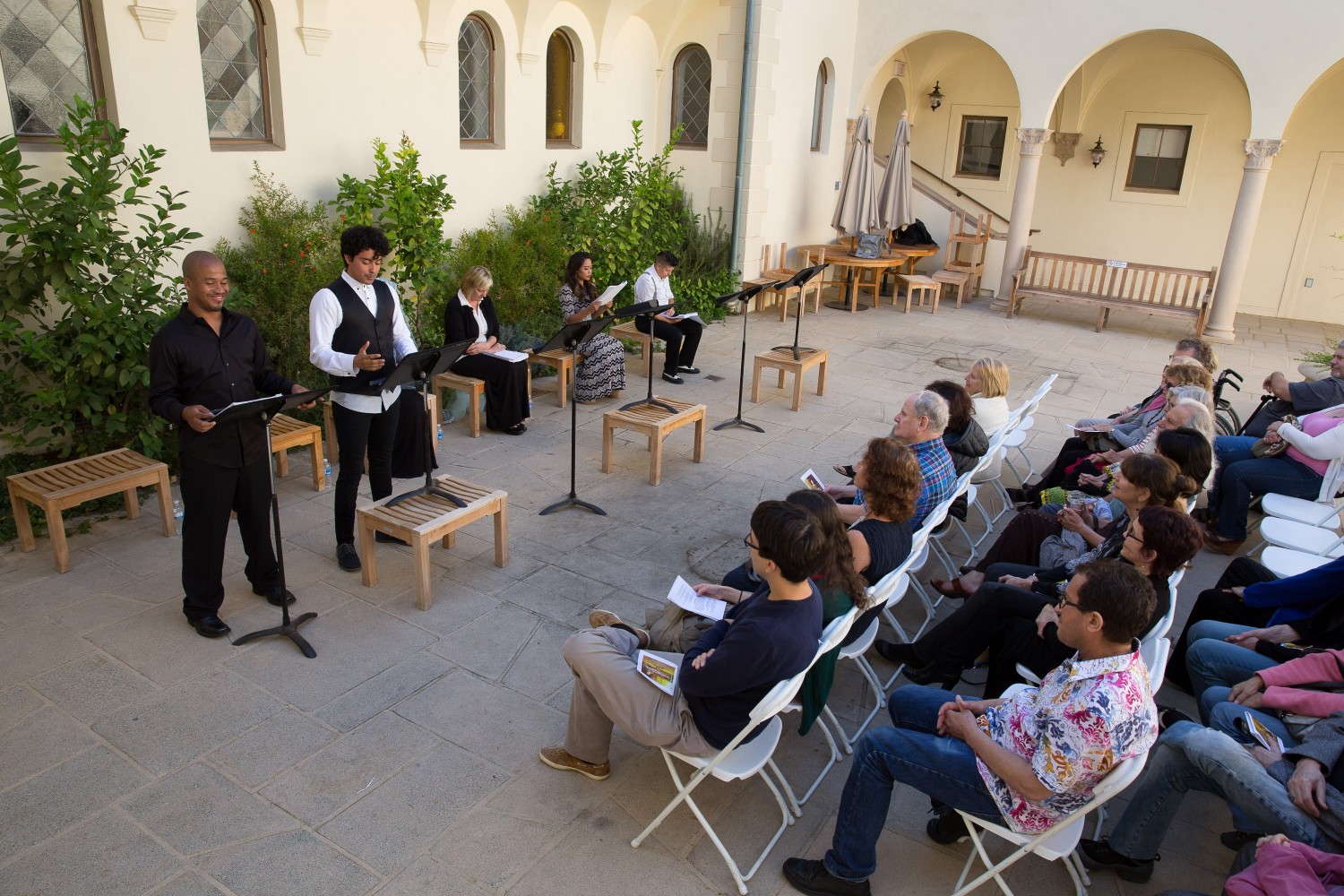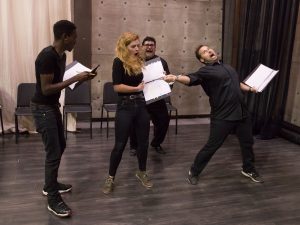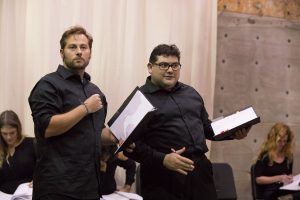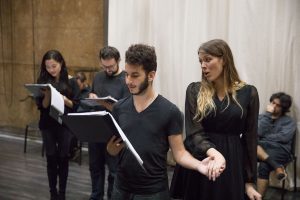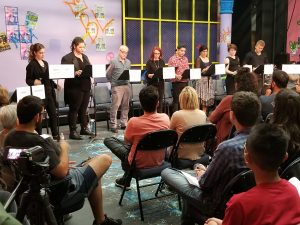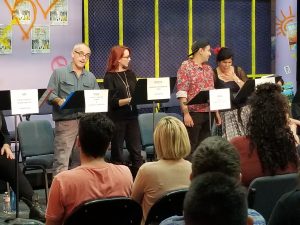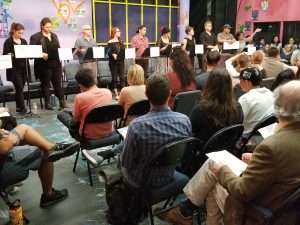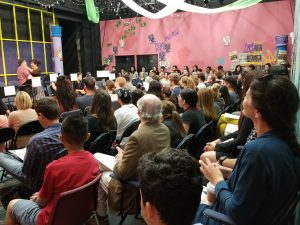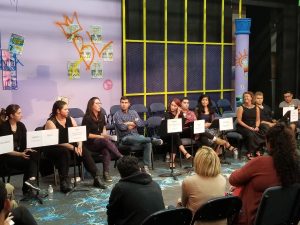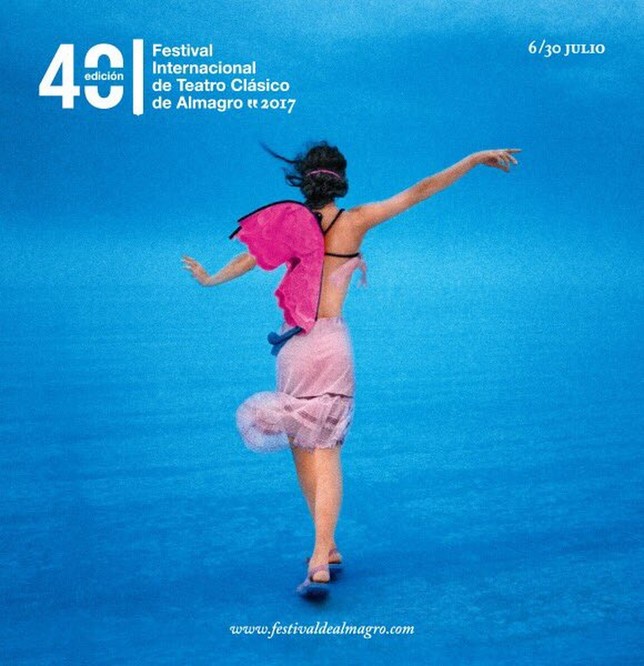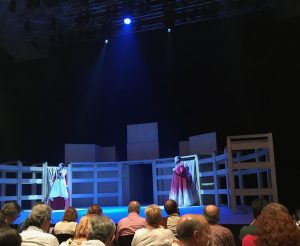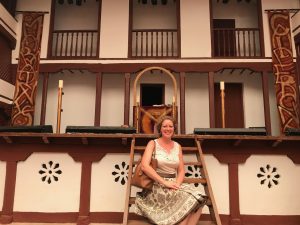A TALK ON “LOPE DE VEGA ON TELEVISION” BY ESTHER FERNÁNDEZ (RICE UNIVERSITY)
On November 28, Professor Esther Fernández of Rice University presented her research on “Lope de Vega en la televisión” in UCLA’s Department of Spanish and Portuguese. As her subtitle (“del cartón piedra a la ciencia ficción”) suggests, Prof. Fernández is interested not only in how Lope-lovers have taken his plays from the stage to the screen, but in how the great playwright is being reinvented and repackaged for today’s public. Where TV audiences could once see faithful adaptations of Lope’s plays, they now see him appear as a character in inventive, modern stories about contemporary urban life, romantic intrigue, and, yes, science fiction. Behind this phenomenon, there lie important questions about the relationship between culture (and in particular literary classics) and politics, which Prof. Fernández also raises. To what extent do current efforts to popularize Golden Age literature still need to grapple with the Franco regime’s celebration of Golden Age literature? Do modern political attitudes explain the appeal of Lope de Vega relative to, say, Pedro Calderón de la Barca, who is generally constructed as conservative where Lope, the Phoenix, is associated with a bold individuality and daring independence of thought?
Prof. Fernández’s research is thought-provoking and full of fascinating examples from fifty years of television. We thank her for visiting us at UCLA!
Paul Cella.


